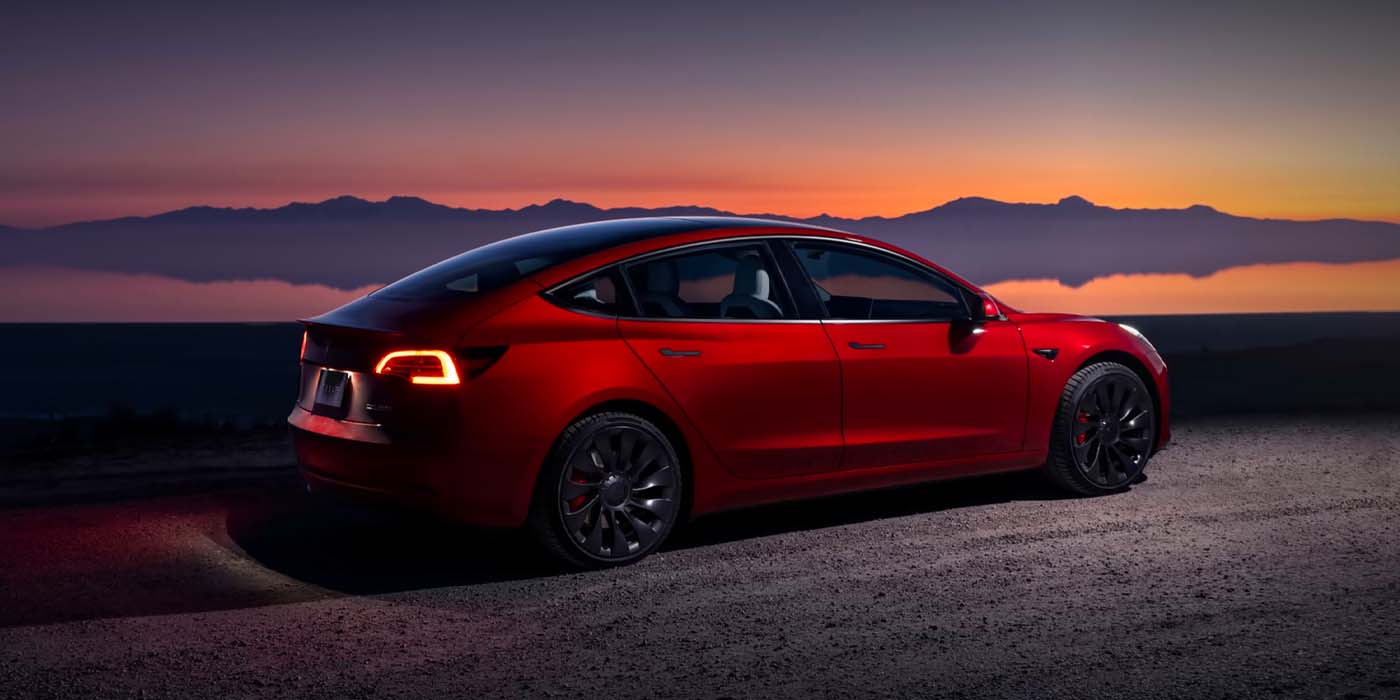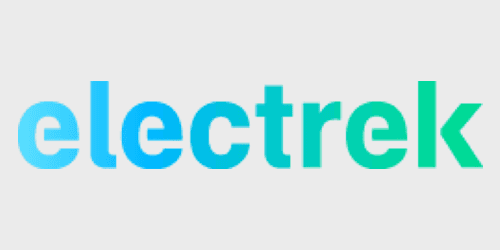
Panasonic, makers of batteries for Tesla in the US, is delaying its plan to build a third battery plant in North America, according to Reuters.
Panasonic Group CEO Yuki Kusumi told Reuters that the company is holding off on building a third plant as “demand for electric vehicles cools.” A third location was expected to be announced soon, and with it thousands of new jobs and the company pledging to raise its production capacity to 200 GWh by early 2031 from its current limit of 50 GWh. In December, the Japanese-owned electronics company turned down nearly $700 million in state incentives to build in Oklahoma.
But now it looks like the decision to build has been delayed, with Kusumi saying that the company would decide only “when the timing is right.”
“I keep telling people we need to think about thoroughly raising productivity before setting up a third location,” he told Reuters.
Panasonic, which has a plant in Nevada, is currently building a new factory of 2170-type cells for EVs in De Soto, Kansas, its second in North America. The plant is a $4 billion project with an initial output of 30 GWh/year. In 2022, it was expected that the factory would be designated for the new and larger 4680-type cylindrical battery cells, which are thicker and more voluminous, for Tesla’s next-gen models, but Panasonic delayed that project.
Panasonic now says that the Kansas plant will take its annual battery capacity to 88 GWh a year, with plans to raise that to 200 GWh by early 2031.
Top comment by R. W. Carmichael
The problem for a battery manufacturer these days is that new battery technologies are being shouted about every day. That casts a profound veil of uncertainty over business decisions in the battery-manufacturing sector.
Panasonic CTO Shoichiro Watanabe recently told Bloomberg in an interview that the company will deliver on its promise to “quadruple production capacity by the 2030 fiscal year.” And to make that happen, he said the company won’t need to rely on building new factories or pouring large investments into production plans. Rather, “we will expand battery capacity and improve productivity at the same time,” Watanabe said.
Panasonic, whose main US customer is Tesla, produces some 10% of the batteries found in electric vehicles around the world. The company plans to start producing a revised version of its 2170-type cylindrical battery cells, which Tesla uses in its Model 3 and Model Y cars, and increase its battery production output by 10%. Panasonic has been working to increase the energy density of the 2170 cell, with the company saying that the new improvements could help reduce the overall cost of an EV.
If you’re an electric vehicle owner, charge up your car at home with rooftop solar panels. To make sure you find a trusted, reliable solar installer near you that offers competitive pricing on solar, check out EnergySage, a free service that makes it easy for you to go solar. They have hundreds of pre-vetted solar installers competing for your business, ensuring you get high quality solutions and save 20-30% compared to going it alone. Plus, it’s free to use and you won’t get sales calls until you select an installer and share your phone number with them.
Your personalized solar quotes are easy to compare online and you’ll get access to unbiased Energy Advisers to help you every step of the way. Get started here.
FTC: We use income earning auto affiliate links. More.


Comments